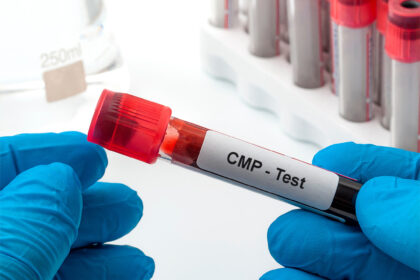SLHD (Sydney Local Health District) has designed an app employing data analytics to assist healthcare experts treat lower back pain in New South Wales.
The STARS (SLHD targeted activity and reporting system) app, which has been designed with the help of Qlik’s data intelligence service, offers clinicians with major data to design personalized back pain handling for individuals, and lets them to verify optional clinical therapies, instead of just depend on opioid medicine prescriptions, for example.
“We are aware that back pain is very prevalent. In New South Wales single-handedly, we have more than 50,000 episodes of back pain arriving into our emergency division. We know from our clinical and literature practice that there appears to be a high rate of opioid employment, and that was a worry for us. So we thought if we convey the correct people together we might do something on a huge scale,” claimed Bethan Richards, director at RPA Hospital for Rheumatology, to the media in an interview.
Six-month clinical tests of the app were performed out at emergency divisions at Concord Repatriation General Hospital, RPA Hospital, Dubbo Base Hospital, and Canterbury Hospital. This included patients’ diagnoses, demographics, diagnostic imaging, pathology tests, patients’ admission status, and costs of care.
On a related note, a drive in spending around IoT (Internet of Things) techs is anticipated for the coming 2 years in Brazil in healthcare in spite of the challenges encountered by the industry, as per research.
As per the research performed by Frost & Sullivan in association with ABCIS (Brazilian Association Health CIO), there is an increasing interest in IoT as a method to improve clinical decision making amongst tech heads in the nation’s healthcare service providers and hospitals. Presently, just 8% of the healthcare CIOs (chief information officers) claimed that IoT techs are in place at their agencies.





